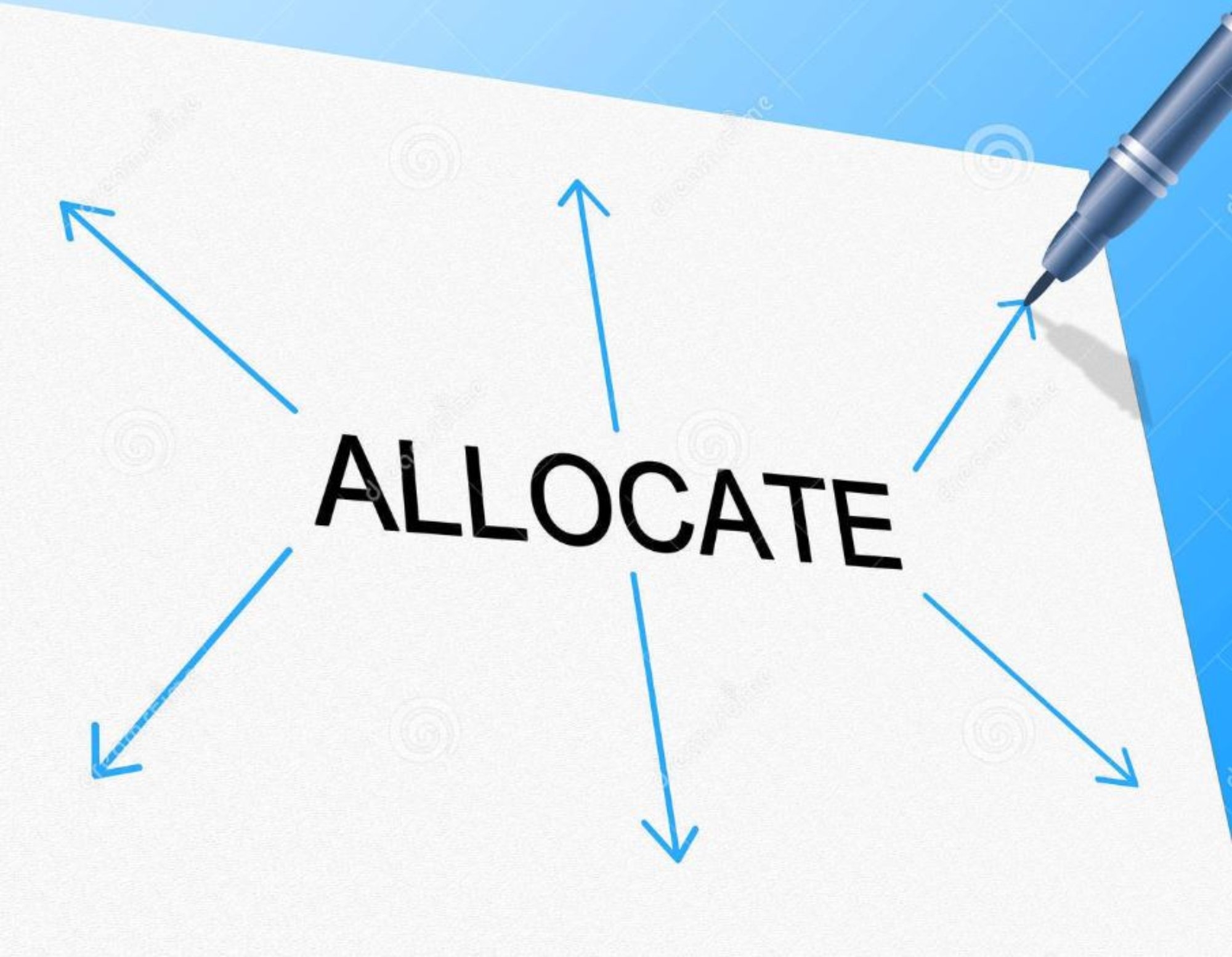 Generally speaking when purchasing a business, the buyer is only going to want to acquire the assets of that business and not buy the actual business entity. Why not? Well, the entity could have unwanted characteristics or hidden liabilities. For example, if the previous owner made a mistake on a tax return, that mistake could lead to thousands in unexpected tax liability, penalties and/or interest, which the new owner would not want to incur.
Generally speaking when purchasing a business, the buyer is only going to want to acquire the assets of that business and not buy the actual business entity. Why not? Well, the entity could have unwanted characteristics or hidden liabilities. For example, if the previous owner made a mistake on a tax return, that mistake could lead to thousands in unexpected tax liability, penalties and/or interest, which the new owner would not want to incur.
There are circumstances where an asset sale is not the prefered purchase method. Typically, those are situations where the business entity holds a license that is non-transferrable, such as a liquor license, or the entity has a non-transferable contract, such as a government that took a long time to bid and be awarded, but for most transactions, an asset sale is going to be the preferable form of purchase.
One of the steps often missed by both business buyers and sellers, within an asset purchase transaction, is the allocation of purchase price to assets. Buyers and sellers are aware the they have competing interests on purchase price, but they also can have competing interests on tax consequences related to the transaction, but not always. Based on each party’s unique circumstances, a buyer and seller’s relative interests might be in alignment with each other. In other words, an asset allocation might provide a favorable tax position for the buyer because of his or her own tax circumstances, while still providing a favorable, or at least neutral, tax position for the seller.
The IRS breaks assets into classes, and essentially once you’ve allocated everything to Class I thru Class VI*, whatever is left over is then considered Goodwill. So if the price is $100,000 and all your assets add up to $50,000, then you are also purchasing $50,000 in Goodwill.
*Asset Classes:
| Asset | Priority | Buyer | Seller |
| Cash | Class I | NA | NA |
| Investments | Class II | NA | NA |
| Accounts Receivable** | Class III | NA | Ordinary Income |
| Inventory, Book Value | Class IV | NA | None |
| Fixed Assets | Class V | Amortized, Varies | Recapture / Gain |
| Intangibles | Class VI | Amortized, 15 Years | Capital Gain |
| Goodwill | Class VII | Amortized, 15 Years | Capital Gain |
| Non-Competition Agreement(s) | NA | Amortized, 15 Years | Ordinary Income |
| Consulting Agreement(s) | NA | Expensed | Income + SE Tax |
**Cash and investments are usually kept by the seller in an asset sale transaction, and commonly so are accounts receivable. Most sellers are comfortable collecting the existing accounts receivable and buyers are often not interested in managing an aged collections process while trying to learn the other ins and outs of the business, so this is a common compromise. If, however, a seller does transfer the accounts receivable to the buyer, that will be considered ordinary income for a seller who is uses the cash method of accounting.
Generally speaking, the buyer wants as much allocation to items that are currently deductible such as a consulting agreement and to assets that have short depreciation schedules, however, there are always circumstances where the buyer might want to defer deductions to later years, or some other unique scenarios, such as the existence of a net operating loss from previous years that needs to be used before its expiration.
Bottom line is that price allocation must be handled appropriately, it is commonly used as a negotiation point, and the parties need to be aware of the consequences.

